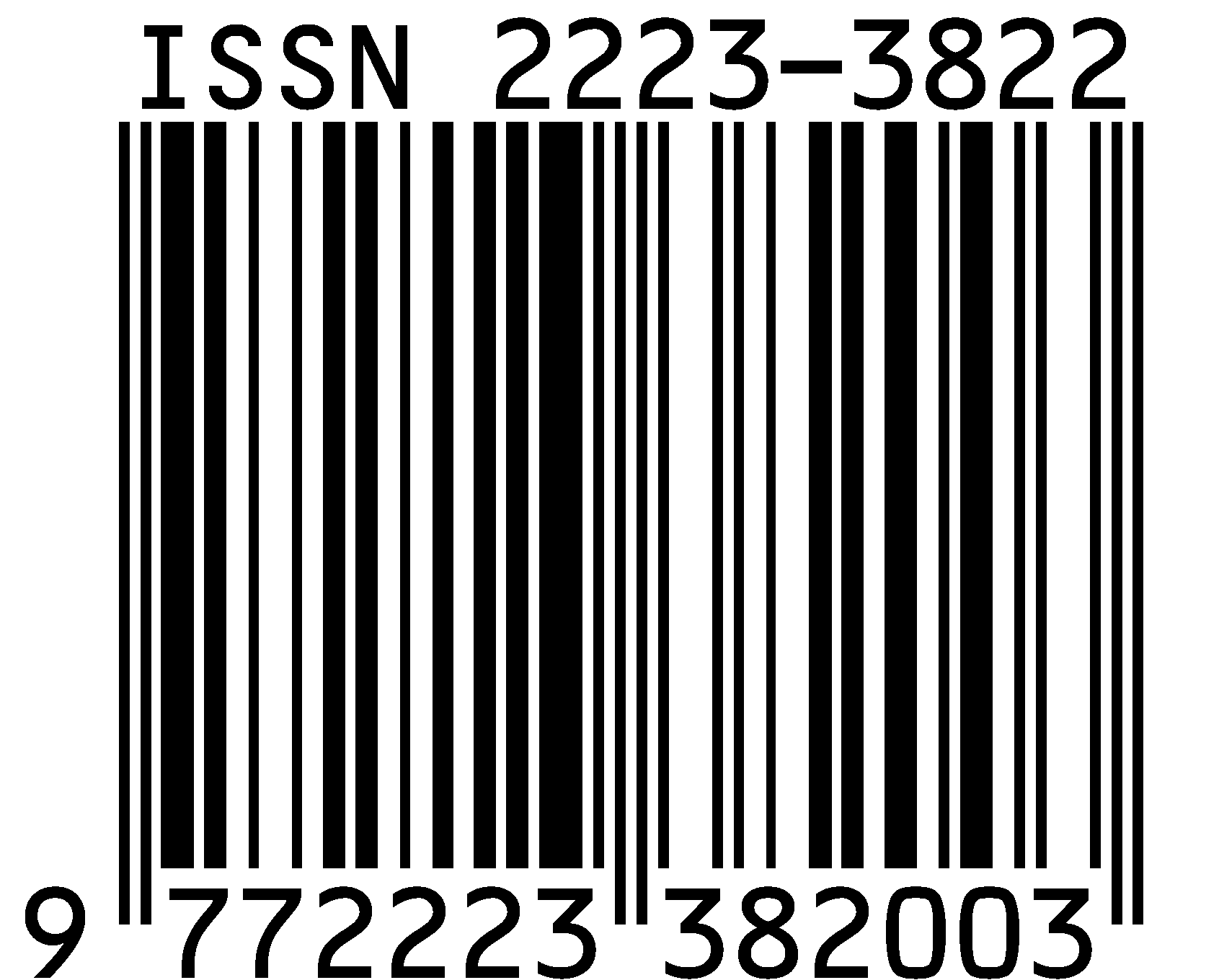Use of NLP in psychocorrectional work
|
Title: |
Use of NLP in psychocorrectional work |
|
Authors: |
VYSHNYOVSKY, Vasyl |
|
Affiliation: |
Ternopil Ivan Puluj National Technical University, 56 Ruska str., 46001 Ternopil, Ukraine |
|
Bibliographic description (International): |
Vyshnyovsky, V. & Mukan, M. (2021) Vykorystannia NLP u psykhokorektsiinii roboti [Use of NLP in psychocorrectional work]. Sotsialno-ekonomichni problemy i derzhava [Socio-Economic Problems and the State] (electronic journal), Vol. 25, no. 2, pp. 155-161. Available at: http://sepd.tntu.edu.ua/images/stories/pdf/2021/21vvvupr.pdf |
|
Journal/Collection: |
Socio-Economic Problems and the State |
|
Issue: |
2(25) |
|
Issue Date: |
Nov-2021 |
|
Submitted date: |
Oct-2021 |
|
Date of entry: |
25-Sep-2022 |
|
Publisher: |
Ternopil Ivan Puluj National Technical University |
|
Country (code): |
UA |
|
Place of the edition/event: |
Ternopil |
|
DOI:
UDC: |
https://doi.org/10.33108/sepd2022.02.155
159.964 |
|
Keywords: |
neuro-linguistic programing |
|
Number of pages:
|
7 |
|
Page range: |
155-161 |
|
Start page: |
155 |
|
End page: |
161 |
|
Abstract: |
This article is devoted to the use of the method of neurolinguistic programming in psychocorrectional work. It describes the theoretical foundations of technology, its main purpose, efficiency conditions and inviolable postulates of neurolinguistic programming. The relevance of the study of this topic is due to the fact that neurolinguistic programming is now one of the most popular areas of applied psychology. Unlike many other practice-oriented psychological disciplines, neurolinguistic programming provides rapid change and solutions to societal and human problems, all in an efficient and environmentally manner. At the same time, neurolinguistic programming is one of the most complex systems of psychotechnology, the assimilation of which requires considerable effort. In contrast to the "classical" psychological disciplines, the method of neurolinguistic programming requires the researcher to seriously reorient the nature of his mental activity and abandon many stereotypes. The colossal methodological arsenal of neurolinguistic programming, which includes several hundred techniques of psychotherapeutic interventions, places the most serious demands on the memory of a person who wants to study neurolinguistic programming. Currently, the method of neurolinguistic programming is considered one of the most effective psychotechnologies of personal change. However, during our study, we found some negative aspects. First of all, this method is not suitable for all people, and the effect of using this method, although fast, but its duration depends on the characteristics of the customer and his environment, on the professionalism of the psychotherapist. Also in our work we emphasize that the method of neurolinguistic programming in their practice can be used only by a qualified and licensed specialist who will carry out a thorough study of the customer characteristics and will carry out constant monitoring of human well-being. |
|
URI: |
http://elartu.tntu.edu.ua/handle/lib/38841 |
|
ISSN: |
2223-3822 |
|
Copyright owner: |
Scientific Journal "Socio-Economic Problems and the State" |
|
URL for reference material: |
http://sepd.tntu.edu.ua/images/stories/pdf/2021/21vvvupr.pdf |
|
References (International): |
1. Ghornostaj, P. P. (2018) Konsuljtatyvna psykhologhija i praktyka problemnogho pidkhodu [Consultative psychology and practice of problem approach]. Kyjiv: Nika-Centr, 400 p. |
|
Content type: |
Article |
| Appears in Collections: |
Scientific Journal "Socio-Economic Problems and the State" Vol 2(25) |
| < Prev | Next > |
|---|











